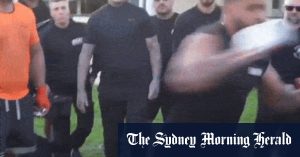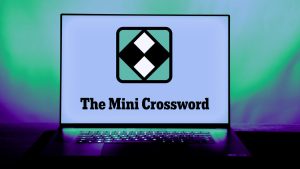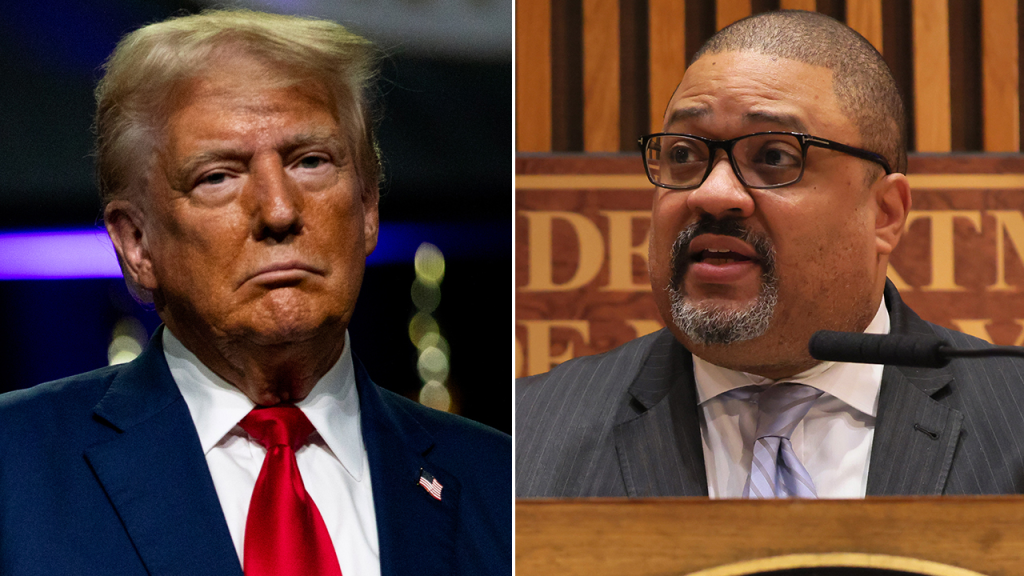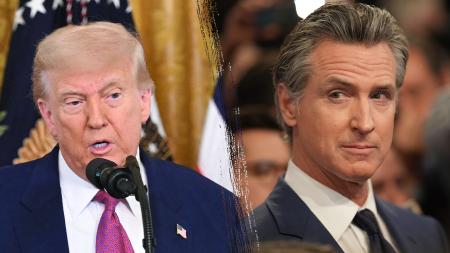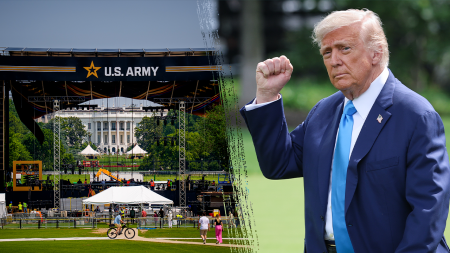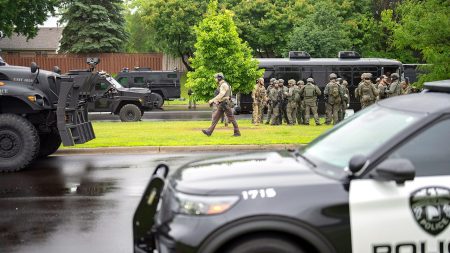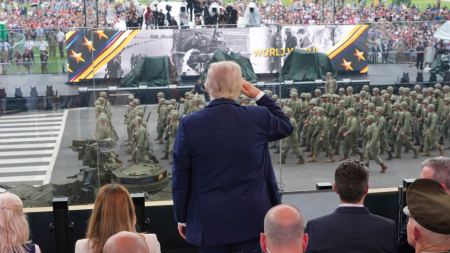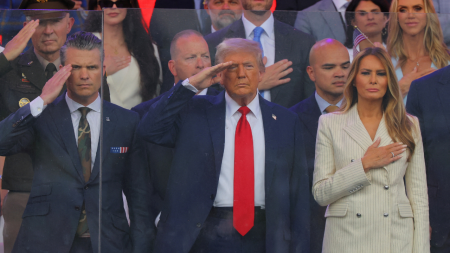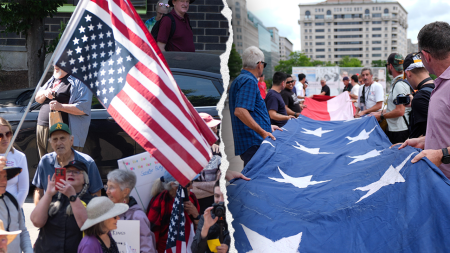Judge Merchan Rejects Trump’s Dismissal Request Based on Presidential Immunity
Former President Donald Trump’s legal team suffered a setback when Judge Juan Merchan denied their motion to dismiss the charges against him in the Manhattan District Attorney’s case. Trump’s lawyers argued that he was entitled to presidential immunity for the actions that led to the charges, citing a Supreme Court ruling that grants presidents immunity for official acts. However, Judge Merchan countered this argument by asserting that the evidence presented in the trial pertained solely to unofficial conduct, thereby negating any immunity protections. The judge further emphasized that even if the contested evidence were considered official conduct, its use as proof of falsifying business records, a distinctly personal act, posed no threat to the Executive Branch’s function. Merchan also underscored the overwhelming evidence of guilt, implying that any potential error in admitting the challenged evidence was harmless.
Trump’s Response and Legal Team’s Further Actions
Trump’s spokesperson, Steven Cheung, vehemently criticized the decision, labeling it a "direct violation" of Supreme Court precedent and demanding the immediate dismissal of the case. Cheung asserted that the case was politically motivated and interfered with Trump’s presidential transition process. He further contended that the prompt resolution of such "hoaxes" was crucial for national unity under Trump’s leadership. Despite Judge Merchan’s rejection of their immunity-based dismissal request, Trump’s legal team persisted, filing a formal motion for complete dismissal of the case. They argued that the case constituted "failed lawfare," driven by political motivations and posing a threat to Trump’s ability to exercise his presidential powers.
Details of the Case and Trump’s Conviction
The charges against Trump stem from a long-running investigation into alleged hush money payments made during the 2016 presidential campaign. After a six-week trial, a jury found Trump guilty on all 34 counts of falsifying business records in the first degree. The investigation, initiated by former Manhattan District Attorney Cyrus Vance and prosecuted by his successor, Alvin Bragg, revolved around payments made to adult film actress Stormy Daniels to prevent her from disclosing an alleged affair with Trump.
Trump’s Legal Team’s Arguments for Dismissal
Trump’s attorneys, in their formal motion to dismiss, invoked the Supreme Court’s immunity decision, contending that certain evidence presented during the trial, particularly concerning "official acts," should have been inadmissible. They specifically objected to the inclusion of testimonies from former White House officials, discussions pertaining to special counsel investigations, congressional inquiries, Trump’s pardon power, his responses to Federal Election Commission inquiries, and his presidential Twitter posts. They argued that these elements pertained to his official duties and were thus protected by presidential immunity.
Clash Over Trial Timing and Presidential Duties
Adding further complexity to the legal proceedings, Trump’s attorneys argued that pursuing the case disrupted his presidential transition and preparations for office following his re-election. They pointed to the Office of Legal Counsel’s opinion that a sitting president cannot be federally indicted, even if the case is postponed. They ridiculed District Attorney Bragg’s suggestion of resuming proceedings after Trump leaves office, emphasizing the extended duration since the investigation’s commencement in 2018. Bragg, conversely, had requested a stay of proceedings until the end of Trump’s second term.
The Underlying Legal Principles and Potential Implications
The clash between Trump’s legal team and the Manhattan District Attorney hinges on the interpretation of presidential immunity and its application to actions taken before and outside the scope of official duties. The case also raises questions regarding the potential disruption of presidential duties by ongoing legal proceedings and the appropriateness of prosecuting a former president for actions allegedly taken before assuming office. The outcome of this legal battle has far-reaching implications, potentially reshaping the understanding of presidential accountability and the balance of power between the executive branch and the judiciary. The ongoing developments in this case will undoubtedly continue to draw significant attention and scrutiny.
